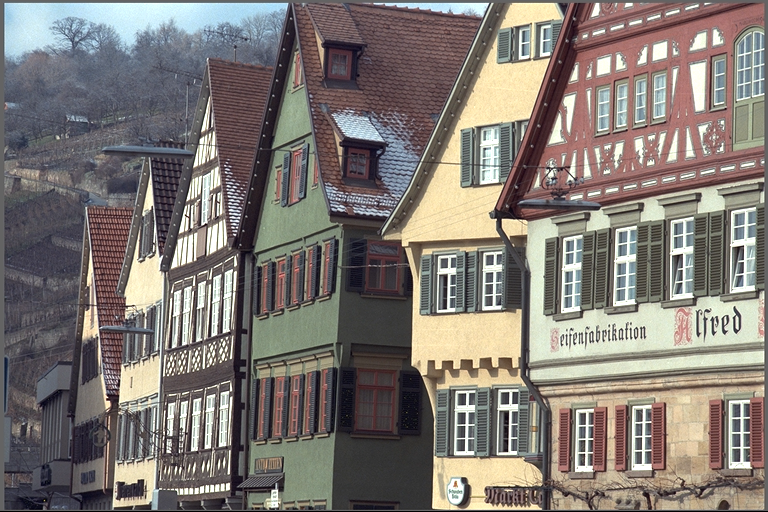29 #include <opencv2/core/version.hpp>
30 #if CV_MAJOR_VERSION >= 3
31 # include <opencv2/imgcodecs.hpp>
33 # include <opencv2/highgui/highgui.hpp>
49 #define CHECK_STATUS(STMT) \
52 VPIStatus status = (STMT); \
53 if (status != VPI_SUCCESS) \
55 char buffer[VPI_MAX_STATUS_MESSAGE_LENGTH]; \
56 vpiGetLastStatusMessage(buffer, sizeof(buffer)); \
57 std::ostringstream ss; \
58 ss << vpiStatusGetName(status) << ": " << buffer; \
59 throw std::runtime_error(ss.str()); \
63 int main(
int argc,
char *argv[])
82 throw std::runtime_error(std::string(
"Usage: ") + argv[0] +
" <cpu|vic|cuda> <input image>");
85 std::string strBackend = argv[1];
86 std::string strInputFileName = argv[2];
89 cvImage = cv::imread(strInputFileName);
92 throw std::runtime_error(
"Can't open '" + strInputFileName +
"'");
95 assert(cvImage.type() == CV_8UC3);
100 if (strBackend ==
"cpu")
104 else if (strBackend ==
"cuda")
108 else if (strBackend ==
"vic")
114 throw std::runtime_error(
"Backend '" + strBackend +
"' not recognized, it must be either cpu, cuda or vic");
164 imwrite(
"scaled_" + strBackend +
".png", cvOut);
170 catch (std::exception &e)
172 std::cerr << e.what() << std::endl;
Functions and structures for dealing with VPI images.
Functions for handling OpenCV interoperability with VPI.
Declares functions that implement the Rescale algorithm.
Declaration of VPI status codes handling functions.
Declares functions dealing with VPI streams.
VPIImageBuffer buffer
Stores the image contents.
VPIImagePlanePitchLinear planes[VPI_MAX_PLANE_COUNT]
Data of all image planes in pitch-linear layout.
VPIImageBufferPitchLinear pitch
Image stored in pitch-linear layout.
VPIImageBufferType bufferType
Type of image buffer.
int64_t offsetBytes
Offset in bytes from pBase to the first column of the first plane row.
int32_t height
Height of this plane in pixels.
VPIByte * pBase
Pointer to the memory buffer which contains the plane data.
int32_t width
Width of this plane in pixels.
int32_t pitchBytes
Difference in bytes of beginning of one row and the beginning of the previous.
void vpiImageDestroy(VPIImage img)
Destroy an image instance.
struct VPIImageImpl * VPIImage
A handle to an image.
VPIStatus vpiImageLockData(VPIImage img, VPILockMode mode, VPIImageBufferType bufType, VPIImageData *data)
Acquires the lock on an image object and returns the image contents.
VPIStatus vpiImageCreate(int32_t width, int32_t height, VPIImageFormat fmt, uint64_t flags, VPIImage *img)
Create an empty image instance with the specified flags.
VPIStatus vpiImageUnlock(VPIImage img)
Releases the lock on an image object.
@ VPI_IMAGE_BUFFER_HOST_PITCH_LINEAR
Host-accessible with planes in pitch-linear memory layout.
Stores the image plane contents.
Stores information about image characteristics and content.
VPIStatus vpiImageCreateWrapperOpenCVMat(const cv::Mat &mat, VPIImageFormat fmt, uint64_t flags, VPIImage *img)
Wraps a cv::Mat in an VPIImage with the given image format.
VPIStatus vpiSubmitRescale(VPIStream stream, uint64_t backend, VPIImage input, VPIImage output, VPIInterpolationType interpolationType, VPIBorderExtension border, uint64_t flags)
Changes the size and scale of a 2D image.
struct VPIStreamImpl * VPIStream
A handle to a stream.
VPIStatus vpiStreamSync(VPIStream stream)
Blocks the calling thread until all submitted commands in this stream queue are done (queue is empty)...
VPIBackend
VPI Backend types.
void vpiStreamDestroy(VPIStream stream)
Destroy a stream instance and deallocate all HW resources.
VPIStatus vpiStreamCreate(uint64_t flags, VPIStream *stream)
Create a stream instance.
@ VPI_BACKEND_CUDA
CUDA backend.
@ VPI_BACKEND_VIC
VIC backend.
@ VPI_BACKEND_CPU
CPU backend.
@ VPI_BORDER_CLAMP
Border pixels are repeated indefinitely.
@ VPI_INTERP_LINEAR
Linear interpolation.
@ VPI_LOCK_READ
Lock memory only for reading.

